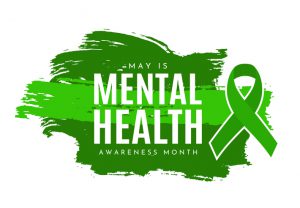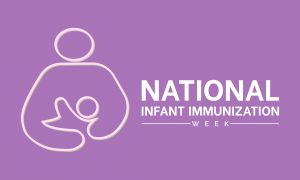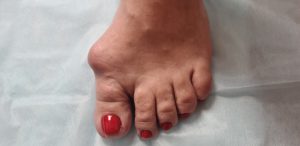 On Monday, April 8th, The MediSys Health Network held a very special ribbon-cutting ceremony to commemorate the opening of the network’s cancer center, located on the concourse level of Jamaica Hospital Medical Center’s C building.
On Monday, April 8th, The MediSys Health Network held a very special ribbon-cutting ceremony to commemorate the opening of the network’s cancer center, located on the concourse level of Jamaica Hospital Medical Center’s C building.
MediSys President and CEO, Bruce J. Flanz began the ceremony by remarking that the opening of the cancer center was a long time in the making, and how excited he was that the day had finally come. He also thanked everyone involved in making the completion of the project a reality.
Congressman Gregory Meeks and Queensborough President Donovan Richards also joined Mr. Flanz and a room full of hospital employees. They spoke about the importance of having a comprehensive cancer center in Queens, where residents could receive high-quality care without needing to leave the borough. The Congressman and the Borough President also praised MediSys’ leadership for continuing to understand and meet the needs of our community, both vowed to lend their support to the organization in achieving those objectives.
Also present were multiple members of Memorial Sloan Kettering Cancer Center’s (MSK) leadership, including Hospital President Shelly Anderson. During her remarks, Anderson shared how excited everyone at MSK is about the two organizations entering the next phase of an agreement to work together to provide equitable cancer care to the people of Queens.
The MediSys Health Network Cancer Center features 24 multi-purpose treatment rooms. Each of the private rooms is designed for a relaxing patient experience and includes comfortable chairs, flat-screen televisions, and soothing murals on the walls. When configuring the layout, an emphasis was placed on ensuring optimal patient/provider interaction.
While receiving treatment in the center, patients will also have access to various support services, including on-site mental health and integrative health professionals as well as nutritional counselors. In addition, patient navigators are available to guide our patients through every step of their journey. This has all been made available to ensure our patients receive everything they need for a positive outcome.
Our new cancer center is officially open and accepting patients. We invite you to take a virtual tour of our facility here: https://virtualtours.llc/projects/1147jhmc/final/index.htm
To learn more about our center or to schedule an appointment, please call (718) 206-8263.
All content of this newsletter is intended for general information purposes only and is not intended or implied to be a substitute for professional medical advice, diagnosis or treatment. Please consult a medical professional before adopting any of the suggestions on this page. You must never disregard professional medical advice or delay seeking medical treatment based upon any content of this newsletter. PROMPTLY CONSULT YOUR PHYSICIAN OR CALL 911 IF YOU BELIEVE YOU HAVE A MEDICAL EMERGENCY.










